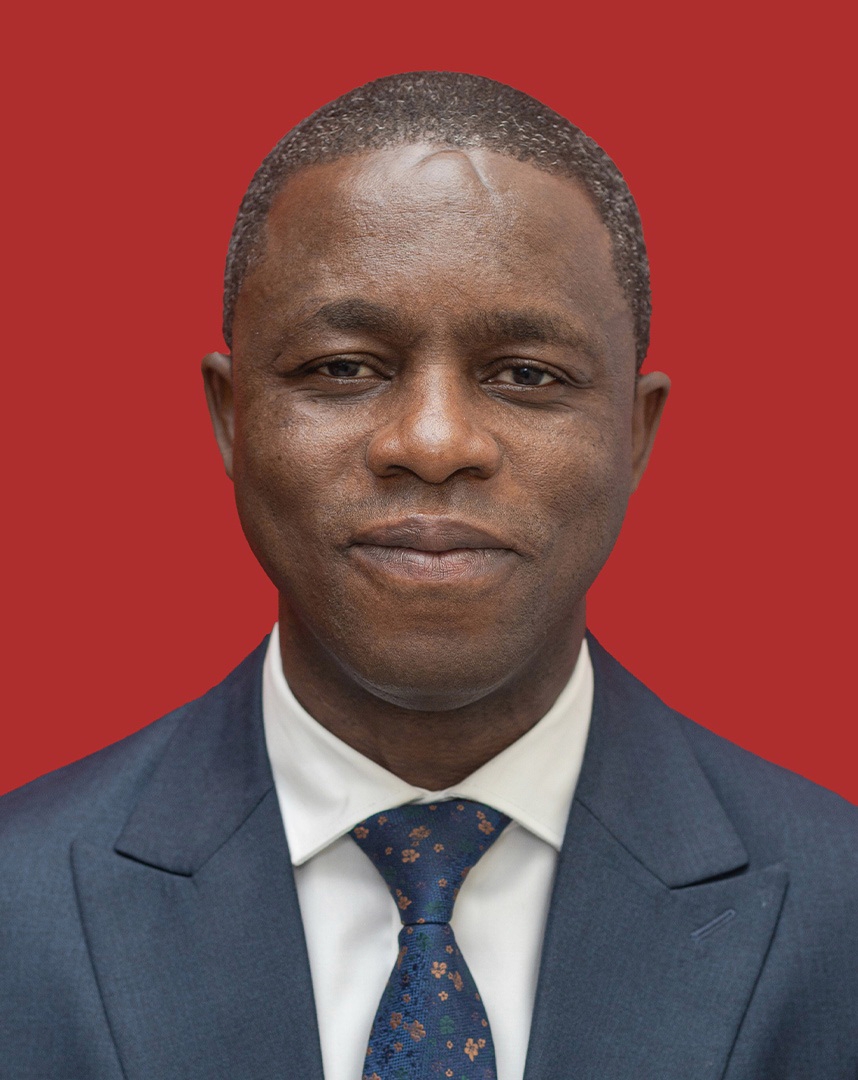Research Projects (Current and Past)
- Collaboration Grants by the Royal Society (2021 – 2022)
Improved farming practices, especially around better crop residue management and reduced soil tillage, offer opportunities to enhance soil organic matter content which is largely responsible for water and nutrient retention and thus crop growth through dry spells. Funded by the Royal Society, London, this project brings new expertise on the linkages between soil structure, biochemical properties and farmer decision-making and by opening up continental opportunities for sharing knowledge across funding programmes and global networks on climate change and food security.
- Future Leaders – Africa Independent Research (FLAIR) (2020 – 2022)
Funded by the Royal Society, London, this project adopts a mixed-method interdisciplinary approach by using geospatial techniques employing Geographic Information Systems, soil analyses and participatory approaches to advance a comprehensive understanding of how Climate Smart Agriculture can be used to address the climate risks in northern Ghana.
- African Science for Weather Information and Forecasting Techniques (African SWIFT) (2017 – 2022)
Funded by the Global Challenge Research Fund (GCRF), this project aims to develop a sustainable research capability in tropical weather forecasting, which will enhance the livelihood of African populations. Ultimately, this project aims to contribute to the goal of poverty reduction and “zero hunger”, through the delivery of weather forecasts, which help individual farmers to improve decision-making, and to be less sensitive to extreme events. The project examines user needs at nowcasting to seasonal timescales, addressing questions such as how users understand and respond to the updating of forecasts over time, and how the changing nature of uncertainty at different lead times can be effectively communicated. The project will also identify communication pathways, procedures and early warning systems in operation between users and forecast agencies across different levels.
Previous Projects
- Climate Research for Development (CR4D) (2019 – 2021)
This project advances knowledge on how to mainstream climate information for resilience building and support sustainable development in the case of Ghana and West Africa more widely. This project was an initiative of the African Climate Policy Center (ACPC) of the United Nations Economic Commission for Africa (UNECA) in partnership with the United Kingdom’s Department for International Development (DfID), Weather and Climate Information Services for Africa (WISER) programme and implemented by the African Academy of Sciences (AAS).
- Coherence between Nationally Determined Contributions and the Sustainable Development Goals (SDGs): the case of ECOWAS member states (2016 – 2018)
While the SDGs and NDCs are two of the most important policy frameworks of the twenty-first century so far, the interactions, synergies and trade-offs between the SDGs and the NDCs have not yet been analysed, especially in West Africa countries. Such analyses are paramount as their absence risks perverse outcomes for ECOWAS member states if they start assessing targets one after another without a coherent strategy. This project provided a better understanding of how NDCs might facilitate SDG progress (in particular across goals 1, 2, 13 and 15. This project was funded by the Centre for Climate Change Economics and Policy, London School of Economics, United Kingdom.
- Land-use and land cover changes implications for livelihoods in the Owabi catchment, Ghana (2015 – 2017)
Despite the significance attached to the Owabi reservoir for the socio-economic development of Ghana, much remains unknown about the extent to which changes in land use and land cover have affected various land-based livelihood activities within the Owabi catchment. More specifically, this study sought to; i) identify key land use and land cover changes in the Owabi catchment; ii) identify main factors influencing land use changes in the Owabi and, iii) explore the implications of land use and land cover changes on food security and related livelihoods in the catchment. This project employed Landsat and ERDAS imagine 9.1- software to determine land cover changes for 1970, 1990, 2010, and 2014 using supervised classification method. This research is funded by DANIDA under its Building Stronger Universities Phase III for KNUST.
Climate Impacts Research Capacity and Leadership Enhancement (CIRCLE) (2015 – 2016)
Adaptation, mitigation and development efforts related to the key climate-sensitive sectors (i.e. agriculture, water, energy and forestry) of Ghana’s economy have been treated separately and this hampers a better understanding of policy interventions points where Climate Compatible Development initiatives can be mainstreamed. This study adopted a multi-scale approach in bridging this knowledge gap by exploring and promoting climate compatible development through interdisciplinary case based research that will result in more resilient rural livelihoods. This research was funded by the Association of Commonwealth Universities (ACU, UK) and the African Academy of Sciences (AAS) under the Climate Impacts Research Capacity and Leadership Enhancement (CIRCLE) programme for sub-Saharan Africa.
Climate change vulnerability assessments and adaptations in food systems in Ghana (2010 – 2013)
Climate change as a development challenge will have a disproportionate effect on climate sensitive sectors such as agriculture, water and forestry in rural sub-Saharan Africa, where the majority of people depend on agriculture-based livelihoods. This project sought to understand the extent of climate change vulnerability in farming systems and the kinds of adaptive mechanisms employed by smallholder farmers to address the threats of climate change and variability in Ghana.

